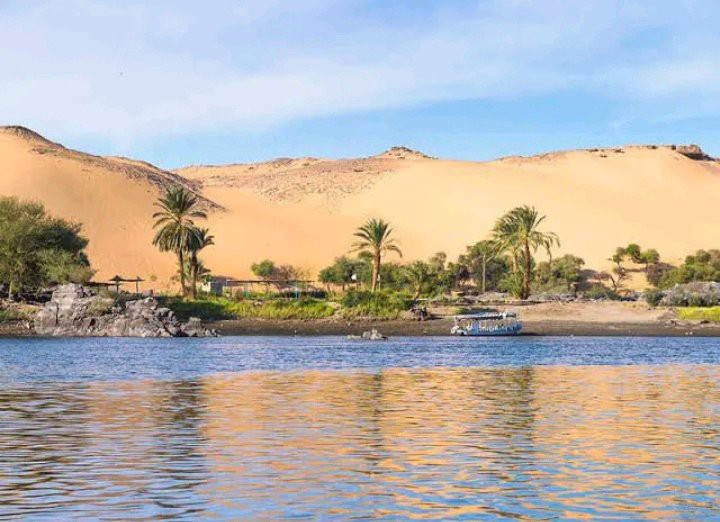Rivers are like nature’s highways, flowing freely across the land and connecting various landscapes. They start small, usually from rain or melting snow, then grow bigger and stronger as they journey towards their destination, whether it’s an ocean, lake, or another river.
These flowing bodies of water are mostly made up of freshwater, making them vital for all kinds of life. They create habitats for plants and animals, shape the land by carrying sediment downstream, and provide water for people’s everyday needs.
For humans, rivers are incredibly important. They help generate electricity, provide water for farming, and serve as routes for transportation. Some of the most famous rivers, like the Nile, Amazon, Yangtze, and Mississippi, have played crucial roles in the development of civilizations throughout history.
Speaking of the Nile, did you know it’s the longest river in the world? Stretching an impressive 4,135 miles (6,650 km) from its source in Burundi to its delta in Egypt, the Nile flows through 11 different countries. Its waters have nourished communities and fueled agriculture for thousands of years, leaving a lasting impact on the people and places it touches.
So,next time you see a river winding its way through the landscape, take a moment to appreciate its significance. Rivers are not just waterways; they’re lifelines, supporting life in countless ways….S££ MOR£

